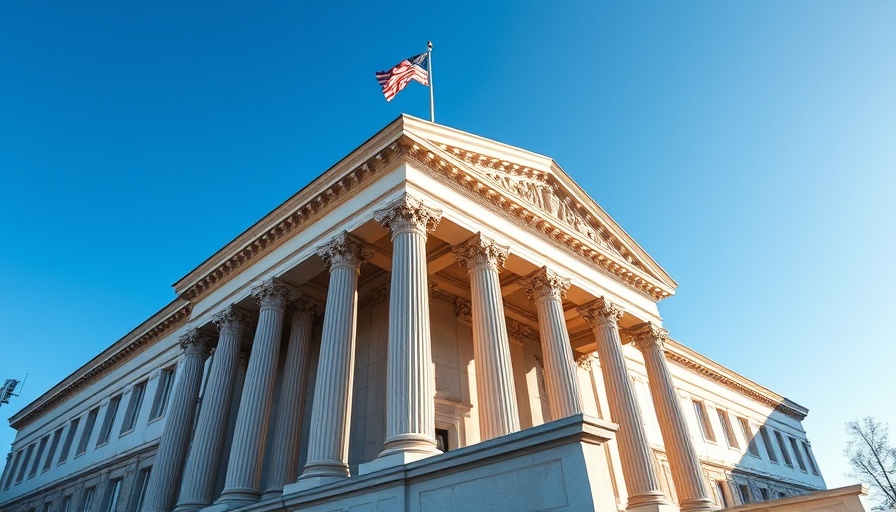
Judge Calls Out Trump Administration's Funding Actions
A federal judge has recently ruled against the Trump administration's controversial withholding of funds that were authorized by Congress. U.S. District Judge Mary McElroy, appointed by Trump, declared that the administration's behavior is not justifiable, stating the actions taken by federal agencies lacked a reasonable basis. The enforcement of the Inflation Reduction Act and the Bipartisan Infrastructure Law has been stymied by the administration’s executive orders.
Historical Context of Authorized Funding
The Inflation Reduction Act and the Bipartisan Infrastructure Law were established to foster economic growth and innovation. These laws represent critical federal investments aimed at combating climate change and improving the nation’s infrastructure, creating jobs, and enhancing technology.
Under the previous administration, funding allocated to important areas, such as environmental protection through the EPA, was met with resistance, raising concerns about governance and the separation of powers.
A Judicial Check on Executive Power
McElroy emphasized the Court's constitutional role in reviewing the procedures federal agencies follow when implementing policies. She pointed out that while the President has the authority to dictate administrative priorities, this does not grant agencies unlimited power to disregard legally established funding mechanisms. Her ruling aligns with a growing sentiment about the need for checks and balances in federal governance, especially in terms of how resources are managed and allocated.
The Impact of Withheld Funds on Nonprofits and Agencies
This ruling comes in response to protests from various nonprofits and organizations that depend on government funding to operate effectively. For instance, the Childhood Lead Action Project received a grant critical to its operations, which was held back during the Trump administration's funding freeze. Judge McElroy's decision not only aims to ensure compliance with the law but also serves to protect the communities and stakeholders relying on these funds.
Future Implications for Federal Agencies
Moving forward, federal agencies must tread carefully as they navigate policy implementation under the scrutiny of judicial review. The ramifications of this ruling could influence the operational strategies of agencies like the EPA and Department of Energy, compelling them to manage their agendas within the boundaries of statutory law.
As organizations rise to challenge the administration's authority, it highlights the importance of maintaining the integrity of legislative intent and ensuring that democratic processes are honored.
Conclusion: A Temporary Respite for Affected Organizations
This landmark ruling may represent a pivotal shift in how Trump’s administration handles its legislative commitments, especially regarding critical environmental and infrastructure initiatives. As various stakeholders breathe a sigh of relief, the long-term ramifications of these judicial proceedings reveal a complex interplay between government agencies, the President’s power, and the law. The commitment to enforcing Congressional statutes underlines the judiciary's role in safeguarding these vital legislations from executive overreach. People must remain aware of such developments, as they will shape the future landscape of U.S. governance and funding for essential services.
 Add Row
Add Row  Add
Add 



Write A Comment